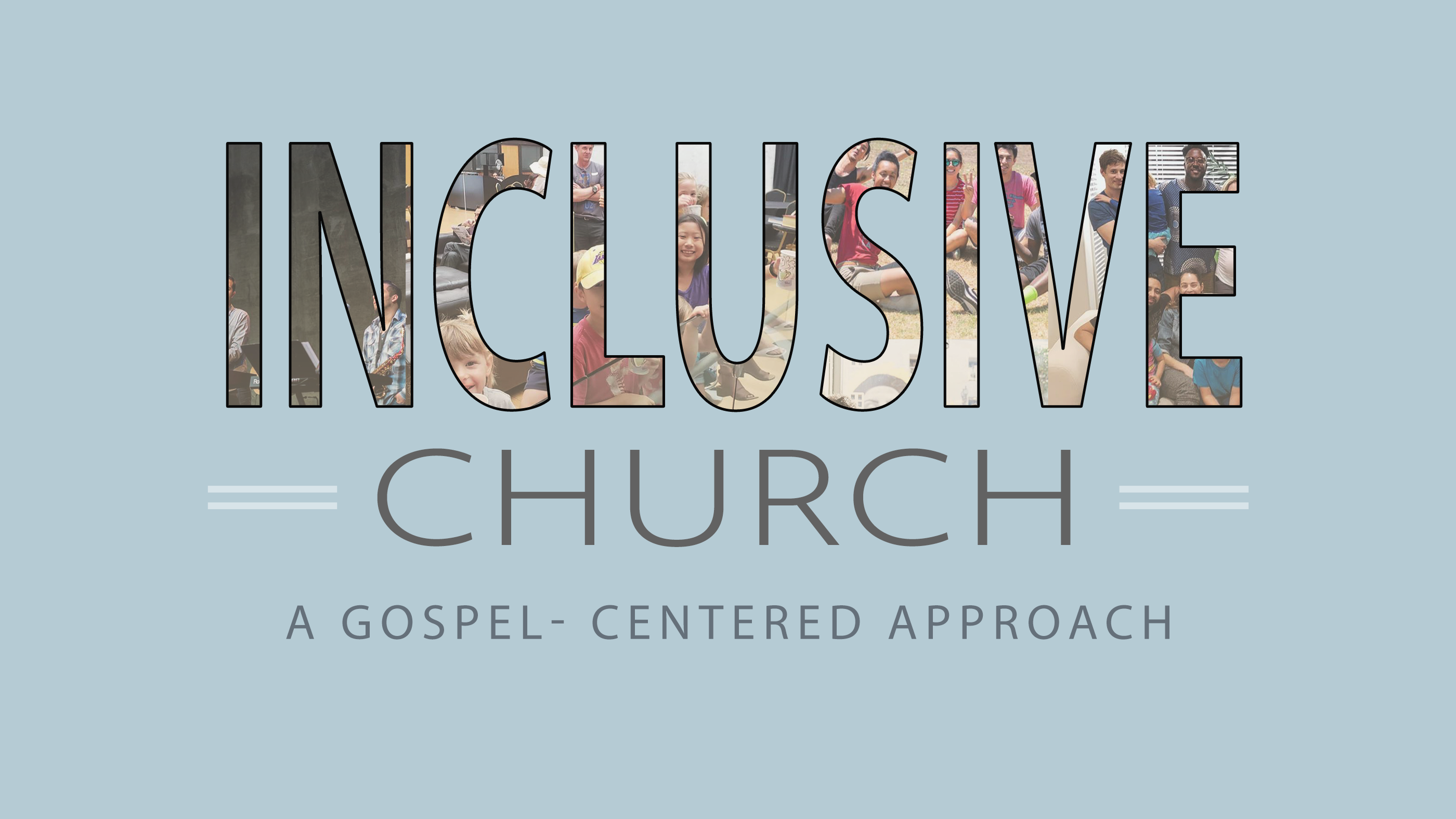
What the Gospel does to our Racial Prejudices
The apostle Peter grew up with some cultural practices that unintentionally justified prejudice
against Gentiles, non-Jews. Peter didn’t even know that he had these prejudices because they were
so normal in his culture. Many of us have experienced racial prejudice and discrimination, and it
hurts. But the reality is that, if we’re honest with ourselves, we have racial prejudices and biases,
too. In a vision, God shows Peter that he is inviting people from every nation, tribe, and tongue to
become part of his Kingdom. Peter should know this because of all the time he spent with Jesus,
whose ministry was inclusive of the racially marginalized.
The gospel tells us that Jesus died on the cross in order to forgive us, free us from our racial
prejudices, and empower us to loving fellowship with people of different races. Jesus died and rose
again in order to break down walls that divide people from each other and to create the multiethnic
family of God’s Kingdom. The gospel humbles us if we’re racially arrogant because Jesus died for all
the ethnicities, and the gospel exalts us if we’re racially downcast because Jesus knew our pain and
shame on the cross and truly valued us.
The gospel equips us so that we can hear criticism and receive it, and the gospel equips us so that
we can give criticism courageously when we observe racial prejudice. God calls us to this because he
is maturing his Church into the multiethnic sign of his love and the multiethnic foretaste of his
coming Kingdom that we are meant to embody now.
